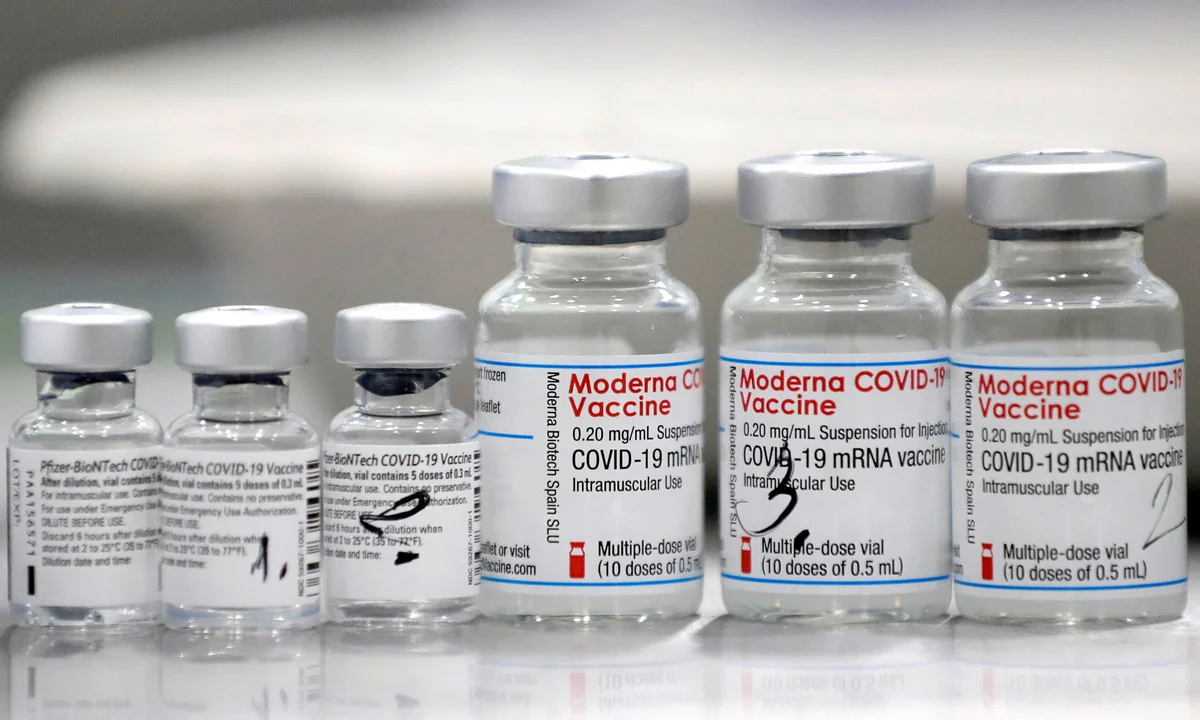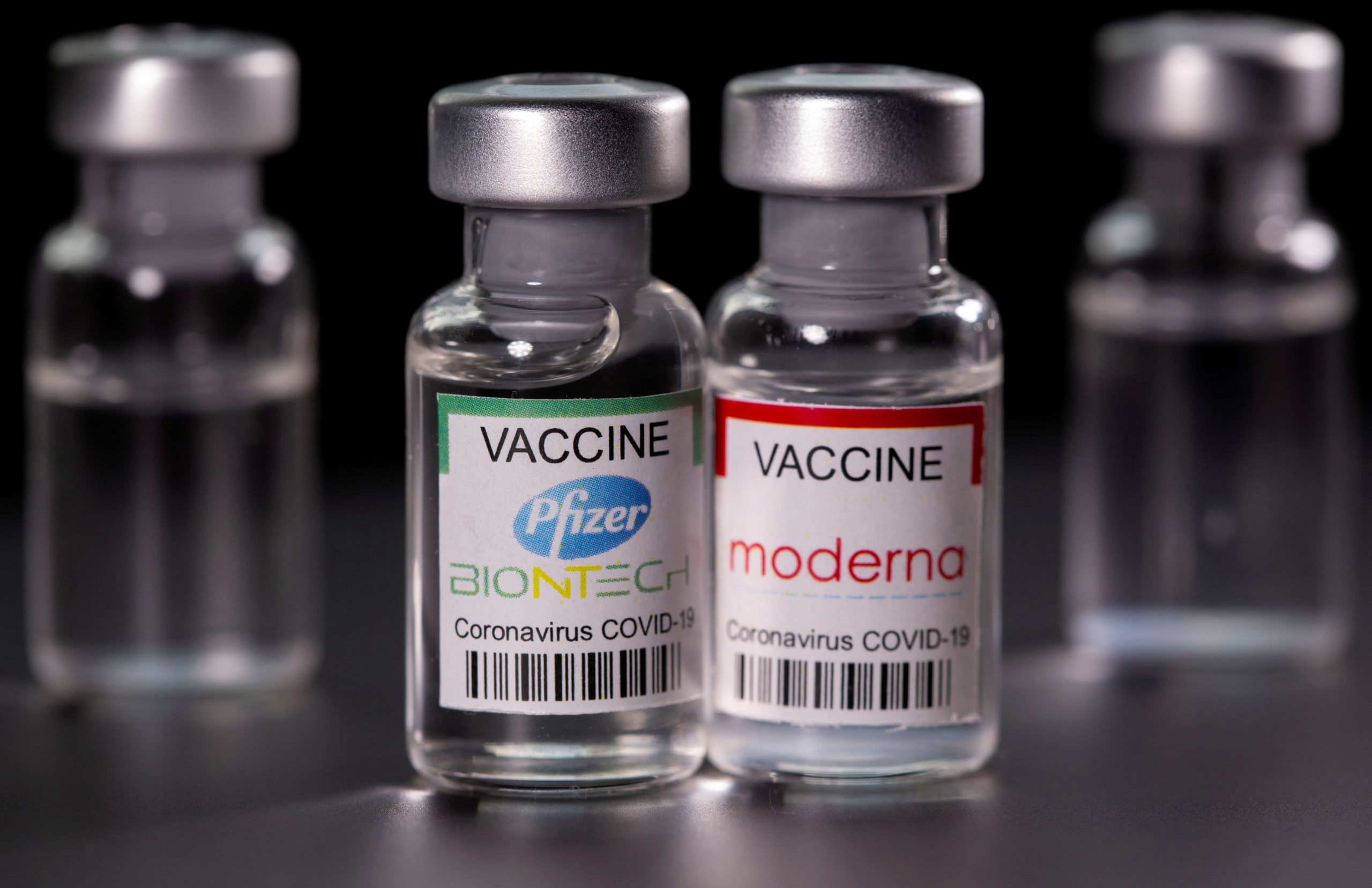The FDA has recently approved new mRNA coronavirus vaccines from Pfizer-BioNTech and Moderna, which will soon be available at pharmacies and doctors’ offices. This approval allows for an updated vaccine rollout to begin within a week, following the annual recommendation for vaccination similar to the flu shots.
The Centers for Disease Control and Prevention (CDC) advises that everyone aged six months and older should receive the updated vaccine. This recommendation aims to maintain protection against COVID-19, given the virus’s ability to evolve and the decreasing effectiveness of previous vaccines over time.
The Novavax vaccine, which uses a traditional development method, is still pending approval and faces financial difficulties. Meanwhile, the new mRNA vaccines are designed to target the KP.2 variant, which is currently responsible for most COVID-19 cases. The timing of the vaccine release is intended to coincide with the flu season for convenience.

Although current vaccines do not provide complete protection against COVID-19, they are effective in reducing the severity of infections. The 2023-2024 vaccines have been shown to increase protection against symptomatic COVID-19 by 54%. While not perfect, they significantly lower the risk of severe illness and transmission.
Vaccines also play a role in reducing virus transmission. They limit the amount of virus that enters cells, which decreases replication and viral load. This reduction helps lower the overall spread of the virus, making vaccinated individuals less contagious and contributing to community protection.
The protection provided by vaccines tends to wane over time. Data indicates that the effectiveness of the 2023-2024 vaccine in preventing severe outcomes decreases more than four months after administration. Despite this, the vaccines continue to offer substantial protection and are a key tool in reducing the severity of COVID-19.
For those concerned about long COVID, vaccination remains a crucial preventive measure. While the exact mechanism is not fully understood, vaccines are believed to reduce the severity of the illness, thereby lowering the risk of developing long COVID symptoms.
Vaccination timing should be tailored to individual circumstances, such as recent infections or upcoming events. Those at higher risk or with recent infections may need to get vaccinated sooner, while planning around major events like holidays or travel could influence the timing of the next shot.
Availability will shift as vaccines are distributed through pharmacies and clinics, with most insurance plans covering the cost and assistance available for those without coverage.
